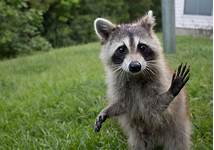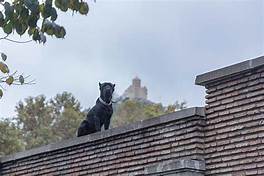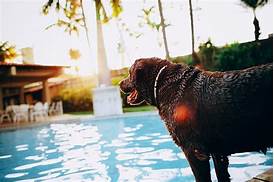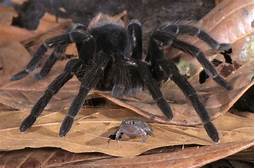Can You Have a Pet Raccoon in North Carolina?
Raccoons are fascinating and intelligent creatures, but are they suitable pets? In North Carolina, the legality of keeping a raccoon as a pet depends on various factors, including local ordinances and permit requirements. This article delves into the regulations and considerations associated with owning a pet raccoon in North Carolina.

Knowing the Legalities
1. State Laws: North Carolina state law prohibits the possession of raccoons without a permit. Obtaining a permit requires meeting specific criteria, and the process can vary across counties. Contact the North Carolina Wildlife Resources Commission for detailed information on permit requirements in your area.
2. Local Ordinances: In addition to state laws, many municipalities have their own ordinances regarding the keeping of wild animals as pets. These ordinances may further restrict or prohibit the possession of raccoons within city limits. Check with your local animal control agency or city hall to understand the specific regulations in your area.
Permit Requirements
1. Application Process: To obtain a permit for a pet raccoon, you must submit an application to the North Carolina Wildlife Resources Commission. The application typically includes information about the raccoon's origin, health, and enclosure details. You may also need to provide proof of rabies vaccination and a microchip for identification purposes.
2. Enclosure Standards: The raccoon's enclosure must meet specific standards to ensure its welfare. The enclosure should be large enough to allow the raccoon to move around comfortably and engage in natural behaviors. It must also be escape-proof, secure, and provide protection from the elements.
Considerations for Raccoon Ownership
1. Wild Animal Nature: Raccoons are wild animals and can exhibit unpredictable behaviors. They may become aggressive, especially when feeling threatened or stressed. Owning a pet raccoon requires a high level of understanding of their natural instincts and responsible caregiving practices.
2. Diet and Nutrition: Raccoons have unique dietary needs that must be met to maintain their health. Their diet should consist of a variety of high-quality protein sources, fruits, vegetables, and specialized commercial raccoon food. Consulting with a veterinarian for dietary guidance is essential.
3. Veterinary Care: Raccoons require regular veterinary checkups to ensure they are healthy and free from diseases transmissible to humans or other animals. Vaccinations, parasite control, and proper healthcare management are crucial for the well-being of both the raccoon and its human caretaker.
Conclusion
In North Carolina, owning a pet raccoon necessitates adherence to state laws, local ordinances, and permit requirements. The process of obtaining a permit involves meeting specific criteria and providing information about the raccoon's origin, health, and enclosure. Potential owners must recognize the wild nature of raccoons and be prepared to provide them with proper care, including a suitable enclosure, a balanced diet, and regular veterinary attention. Ultimately, it is essential to carefully consider the responsibilities and potential risks associated with owning a pet raccoon before deciding to bring one into your home.
Declaration: All article resources on this website, unless otherwise specified or labeled, are collected from online resources. If the content on this website infringes on the legitimate rights and interests of the original author, you can contact this website to delete it.





